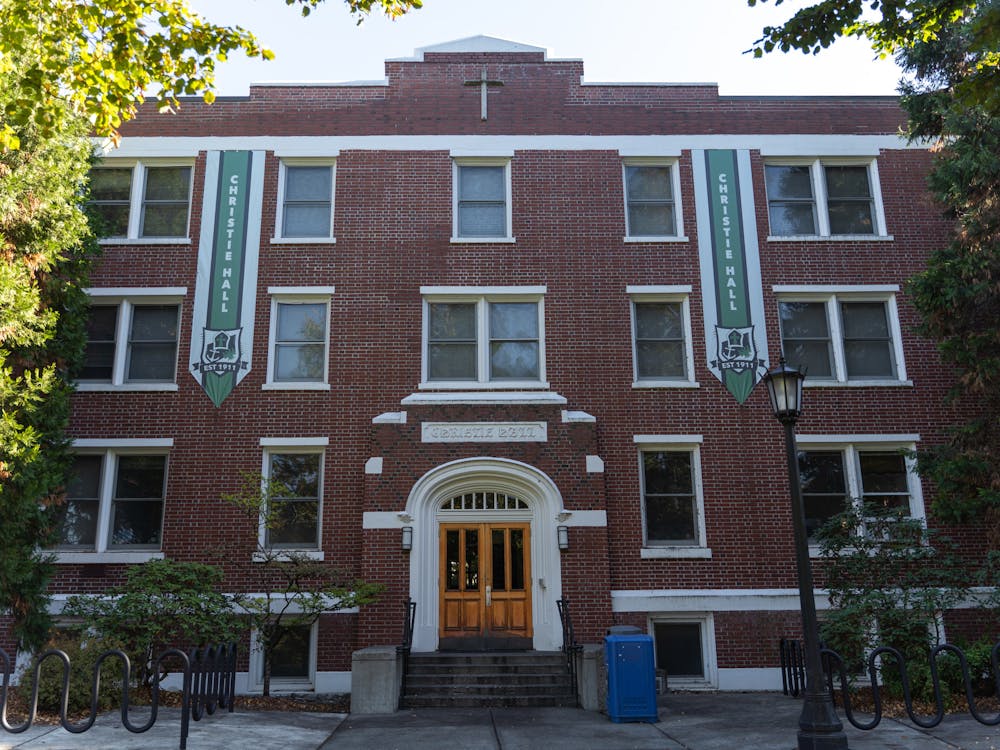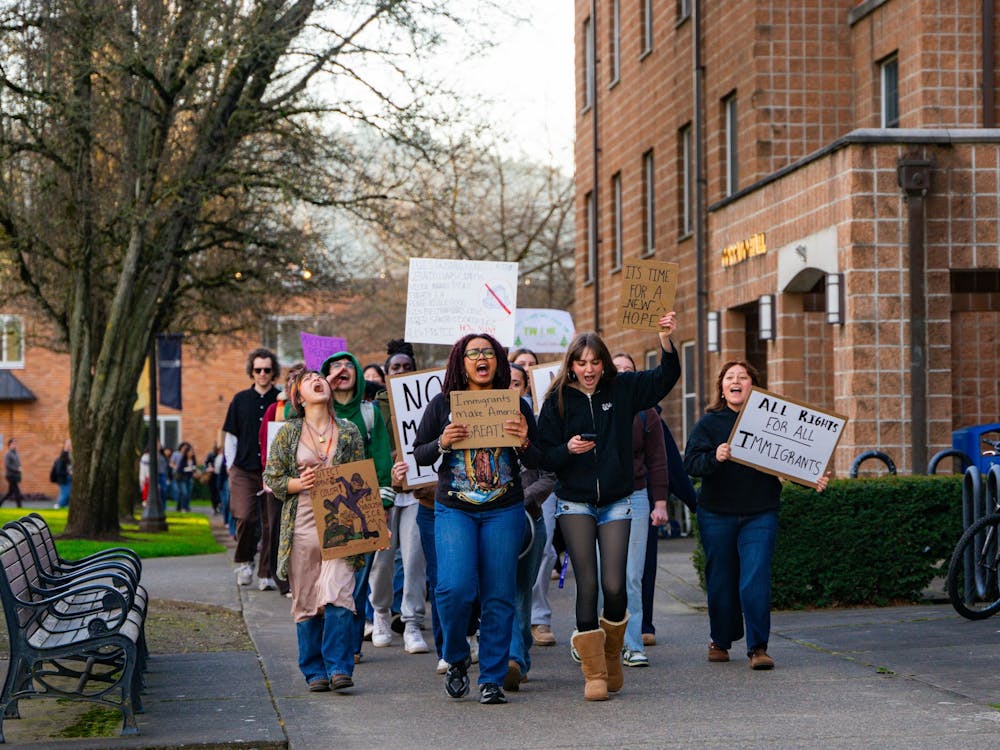UP students looking for work find the going tough
By Jocelyne LaFortune, Staff Writer -- lafortun12@up.edu
Freshman Chelsea Davidson was not planning on being a typical, broke college student. She began searching for jobs on campus as soon as she arrived for orientation. She applied to work in the campus mail center. She applied to work for The Beacon. She was informed that all positions in the library had already been filled.
Unfortunately for her, Davidson was not the only one applying for these jobs.
"We received 75 applications for one open position in our office," said Jon Down, director of the Center for Entrepreneurship. "The important question is, are there fewer jobs, or are there more applicants?"
Many students have been frustrated by the competitive job search. Portland students are not the only ones looking for work, however. According to the Bureau of Labor Statistics, the national unemployment rate was 9.6 percent in August of this year. For those aged 16 to 19, unemployment reached 26.3 percent, over double the national average.
"I basically gave up on finding an on-campus job when I started hearing about how many people were applying for so few jobs," junior Ariana Sewell said.
Melanie Betz, a junior transfer student, applied for several on-campus jobs but has been unsuccessful so far.
"I applied for about eight jobs on campus, and didn't even hear back from any of the employers," Betz said. "I have work-study and a pretty strong resume, so I was surprised at the complete lack of response. From what I've experienced I'd say it is much harder to get a job at this school."
Many of the students struggling to find jobs qualify for federal work study funds, a form of financial aid awarded based on need. So when those students can't find a job, they don't have access to the funds they qualify for.
Kacy Keippela, a financial aid counselor in charge of student employment, said that the main difference this year is the scramble for jobs happened all at once, instead of being spread out over the first month of classes.
"I think students realized that they needed to start looking for jobs earlier in order to get hired," Keippela said. "Supervisors have done a great job this year of getting jobs posted on the job board early so students can start applying as soon as they get to campus."
Because hiring underclassmen allows offices to train workers and keep the same employees for more than just one or two school years, upperclassmen are sometimes passed over for younger students.
"Ultimately, we wanted to hire a freshman or sophomore with good writing ability, whose schedule fit our needs," Down said.
However, the library reported normal numbers of applicants.
"We get lots of applicants every year. There wasn't really anything different this year as far as I know," said Caroline Mann, head of public services in the Library.
Students should not give up hope of finding employment yet, according to Keippela.
"My best piece of advice for students is to keep trying," Keippela said. "Keep checking back with employers. If you don't hear from them, stop into their office. If you sit down and meet with them for 20 minutes, they will remember you."







